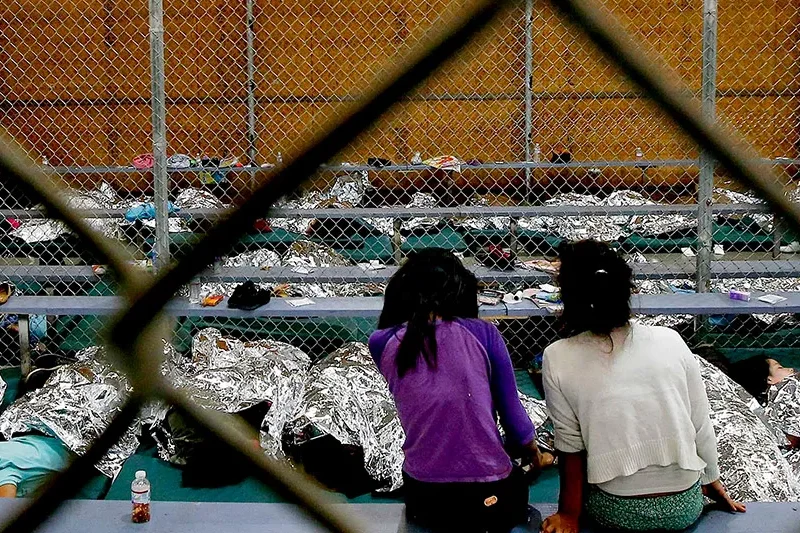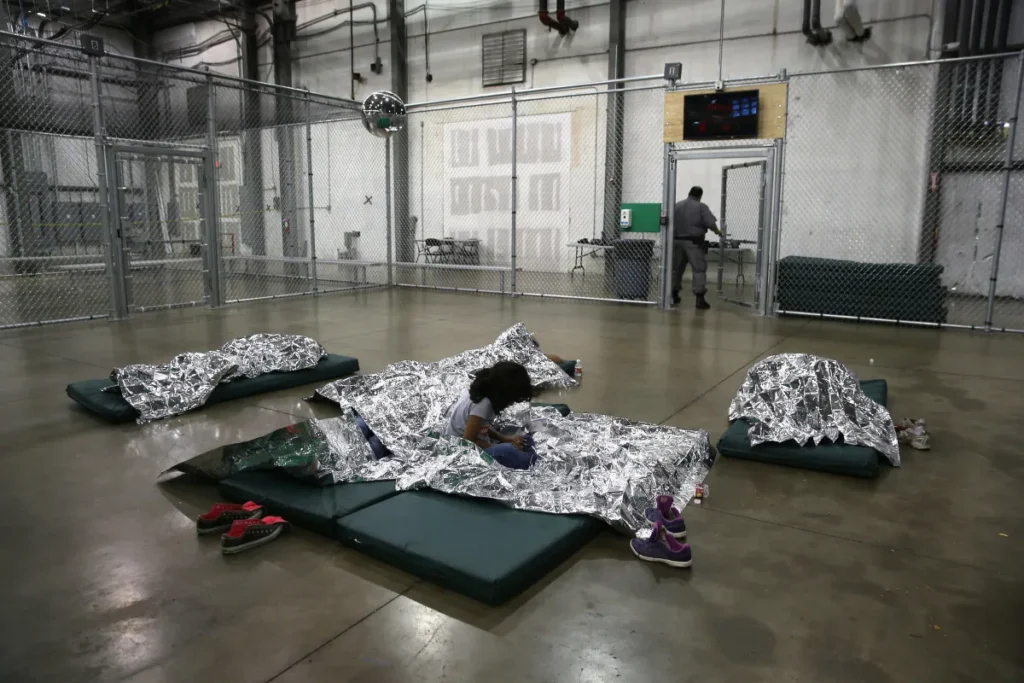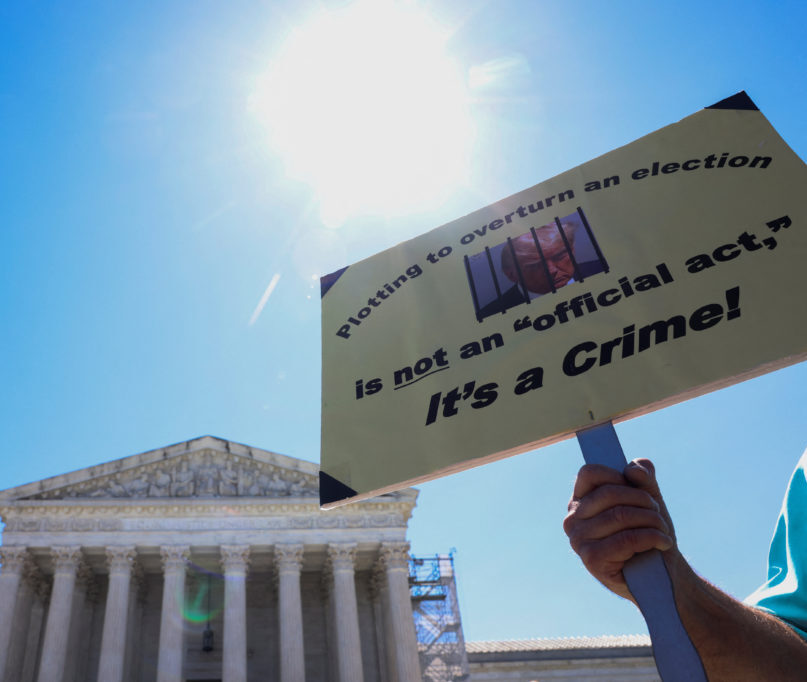Immigrant minors in U.S. government custody could change

Conditions for immigrant minors in U.S. government custody could change by executive decision.
President Joe Biden’s administration took action on Friday, May 10, to rescind a decades-old agreement governing the conditions of immigrant minors in government custody.
According to a court filing, which argues that the agreement for immigrant minors in U.S. government custody should have been temporary.
The 1997 Flores agreement, as it is known, obligates the government to release minors in government custody without unnecessary delay to sponsors, such as parents or adult relatives, and dictates the conditions under which they are held in the interim.
In this regard, the Department of Health and Human Services (HHS) is responsible for the care of unaccompanied immigrant minors.

Reasons: Immigrant minors in U.S. government custody
The Biden Administration had previously indicated that it planned to end the agreement for immigrant minors in U.S. government custody, known as the Flores agreement.
To that end, it was preparing instead a federal regulation that, it argues, “faithfully implements” the requirements detailed in the agreement, provides additional protections, and responds to “unforeseen changed circumstances since 1997.” The regulation was published in late April.
“By its own terms, the FSA was to be temporary. The parties initially agreed that the FSA would terminate no later than five years after final court approval and then agreed that the FSA would terminate 45 days after the INS published the final regulations implementing the FSA,” Friday’s court filing said.
It is clear that the Biden administration intends to change the conditions for immigrant minors in U.S. government custody
“The rule is broad and responsive to the changing needs of ORR’s unaccompanied minor program. ORR anticipates that it will guide its operations and provide necessary protections to unaccompanied children in the coming years,” the filing adds, referring to the Office of Refugee Resettlement, an agency within HHS.
But immigration lawyers have expressed concern about the lack of outside oversight if the Flores agreement is terminated.
“If the government were to win its motion, HHS would no longer be bound by the Flores agreement. As Flores attorneys, we would no longer be able to interview children in HHS custody, or file motions to enforce the rights guaranteed by Flores when they are denied to children in HHS custody,” said Neha Desai, senior immigration director at the National Center for Youth Law.

What is the Flores Settlement: Immigrant minors in U.S. government custody
The 1997 settlement was the result of more than a decade of litigation between lawyers representing the rights of migrant children and the U.S. government over widespread allegations of mistreatment in the 1980s.
The original lawsuit was filed on behalf of four teenagers, including Jenny Lisette Flores, a 15-year-old from El Salvador.
The lawsuit details how Flores and the other plaintiffs were held by the government for long periods of time, often in facilities with unrelated adults, and did not receive adequate education or medical treatment.
The U.S. government’s Immigrant Children in Custody Agreement established standards for the detention, treatment, and release of minors.
READ HERE: A REFORM OF DRUG USE IN THE UNITED STATES.
It mandates that migrant children be released without necessary delay to family, a child welfare program, or an adult seeking custody if family reunification is not possible.
The vast majority of children released in such cases end up in the homes of close relatives while their immigration cases are ongoing.
If release is not possible due to safety concerns, the agreement states that the children should be held in the least restrictive environment that is appropriate.
The agreement for immigrant minors in U.S. government custody also sets standards for how authorized shelters must provide food, water, adult supervision, emergency medical services, toilets, sinks, temperature control and ventilation.






